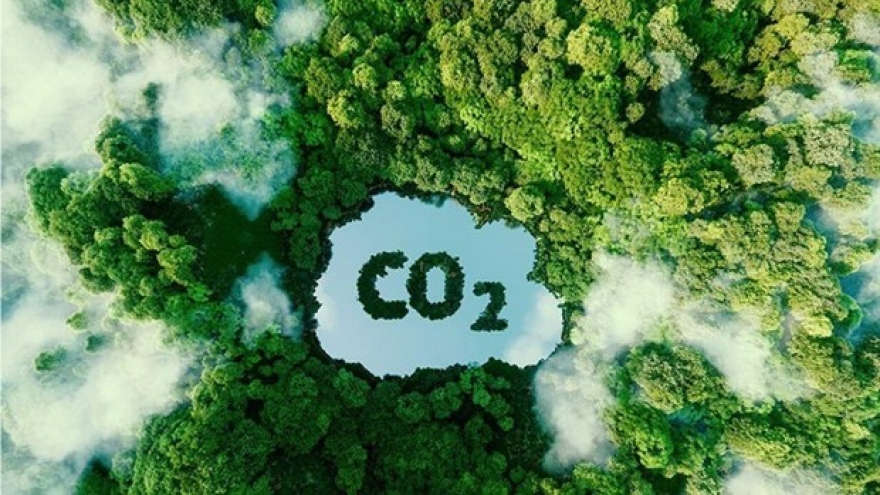Vietnam completes legal framework for forest carbon market
Vietnam is pushing forward with efforts to establish a legal framework for the forest carbon market, aiming to mobilise new financial resources for sustainable forestry and climate goals.

At a seminar held in Hanoi on July 15, co-hosted by the Vietnam Forest Owners Association and Forest Trends, stakeholders discussed a draft decree on forest carbon sequestration and storage services, which is currently under review by the Ministry of Agriculture and Environment.
Speaking at the event, Director the Department of Forestry and Forest Protection Tran Quang Bao noted that the draft is designed to ease administrative procedures and facilitate forest owners’ participation in carbon trading. He noted that once adopted, the decree would give carbon credit holders more autonomy in domestic and international transactions.
According to Bao, the draft also aims to attract private-sector involvement to boost forest reserves, which is key to achieving sustainable forest development and realising Vietnam’s commitment to emissions reduction.
To Xuan Phuc, a senior expert from Forest Trends, said the decree is expected to draw financial flows from both international and domestic private sources via carbon trading. He noted that planted forests owned by households should be considered private assets, and relevant regulations and decrees should be expanded to give them full rights to form joint ventures and partnerships, and participate in the carbon market..
He also recommended that for state-owned forest lands, once national contribution calculations are completed, policies should allow cooperation from businesses and projects to generate carbon credits for trading at home and abroad. He underlined the importance of transparency in carbon transactions after Vietnam fulfils its nationally determined contributions (NDCs).
Nghiem Phuong Thuy of the Department of Forestry and Forest Protection described the decree as a step toward translating Vietnam’s net-zero pledge by 2050 into actionable policies in the forestry sector. It includes provisions on carbon credit certification, revenue management, and carbon exchange mechanisms.
She added that the decree marks the first attempt to establish a domestic standard for forest carbon while aligning with international carbon credit systems. It clearly defines eligible service providers and buyers, allowing both public and private entities to supply or purchase credits through contracts or a national carbon exchange.
Thuy concluded that the legal framework is essential not only to meet international transparency requirements but also to unlock additional funding for and development in Vietnam.



